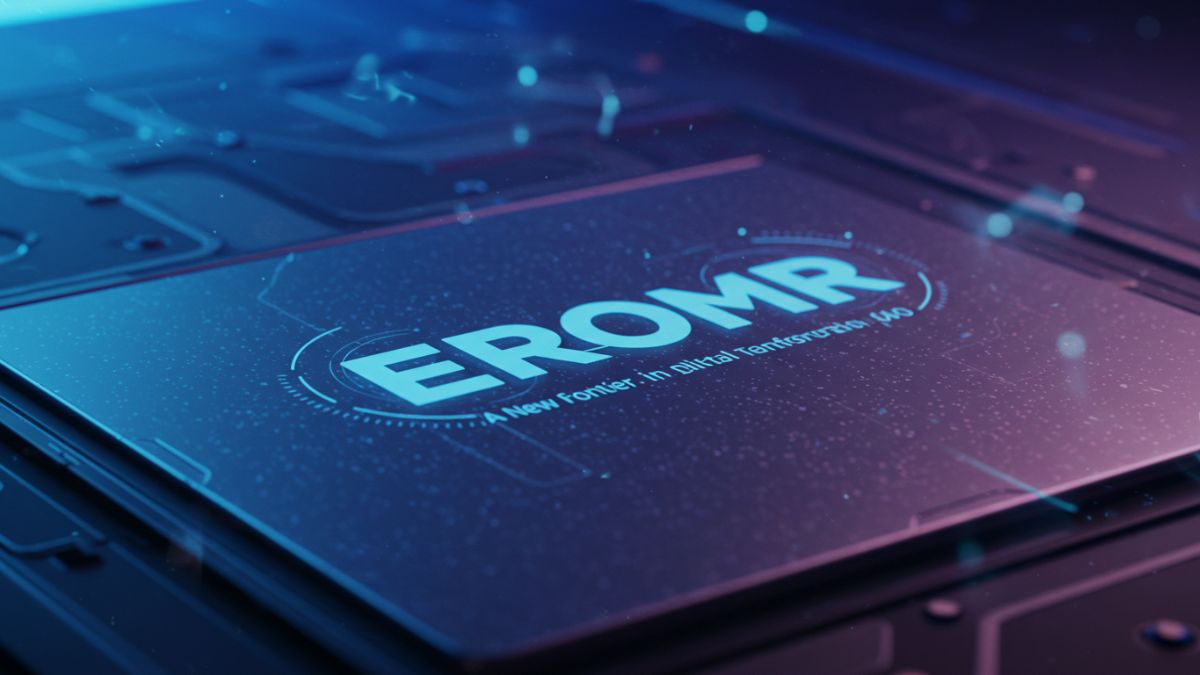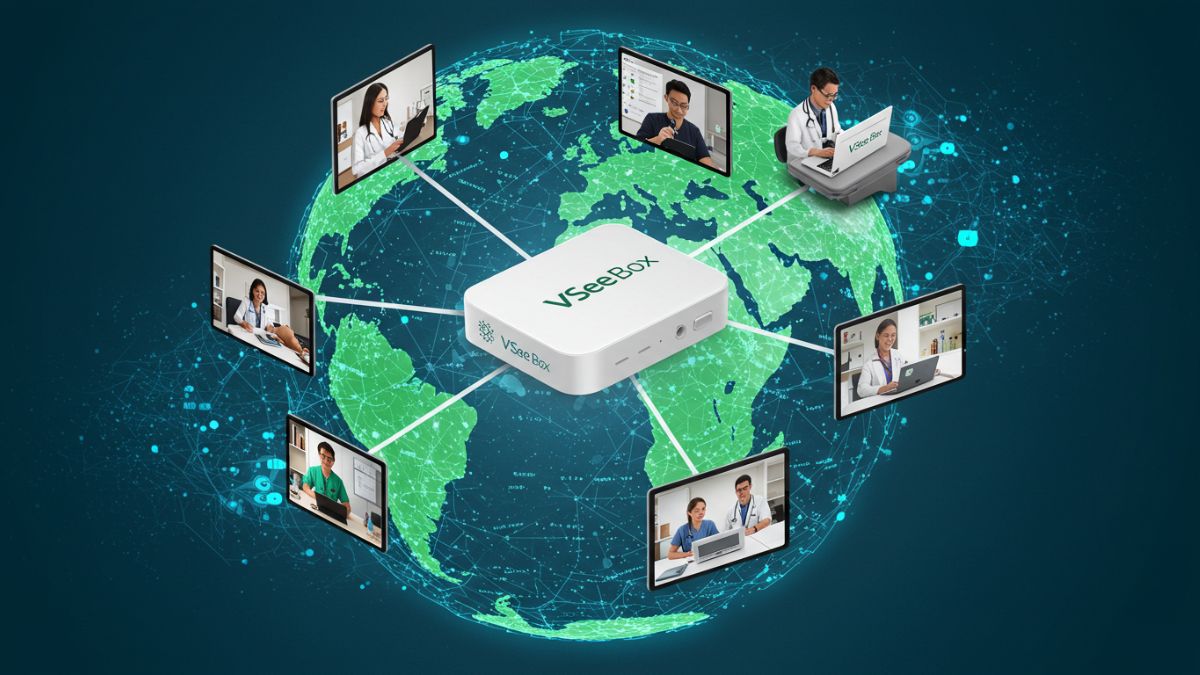In intellectual property (IP) disputes, the role of expert testimony cannot be overstated. Whether it’s a patent infringement case or a trademark dispute, expert testimony can turn the tide in favor of one party.
These experts help explain complex technical concepts and scientific data, which judges and juries may not fully understand. Without their assistance, many IP cases would be difficult to resolve.
But what exactly makes expert testimony so essential in these cases? Why do courts rely on experts to break down complicated issues?
In this blog, we’ll explore the legal importance of expert testimony in IP litigation. We’ll dive into the key criteria for admitting expert testimony, how it impacts case outcomes, and the risks involved in relying on experts.
Understanding the power of expert testimony can make all the difference in ensuring a successful IP dispute resolution.
The Role of Expert Testimony in Intellectual Property Disputes
In IP disputes, technicalities often make the difference between a winning and losing case. Whether it’s explaining the nuances of patent claims or detailing the market impact of infringement, expert testimony plays a crucial role.
Expert witnesses provide clarity on complex issues that judges or juries may struggle with.
For example, in patent litigation, experts can help determine whether a patented technology is truly novel or if it has been previously used. In trademark cases, they can clarify whether there is likely consumer confusion over the marks in question.
Essentially, they bridge the gap between technical knowledge and the legal process.
In this section, we’ll see how experts offer insights that simplify complex technical matters. Their testimony helps the court make informed decisions on critical aspects like validity, infringement, and damages.
As we dive deeper, let’s look at what courts specifically look for when deciding whether to admit expert testimony in an IP case.
Criteria for Admitting Expert Testimony in IP Cases
Not all expert testimony is admissible in court. Courts must ensure that the expert’s testimony is both reliable and relevant. This means that only qualified experts who meet specific criteria can testify.
The most critical factors are an expert’s qualifications, the methodology they use, and the relevance of their testimony to the case. Qualifications include education, experience, and training in the relevant field.
The methodology must be grounded in established scientific or technical principles.
For instance, a patent expert must demonstrate that their analysis follows standard industry practices. Courts also ensure that the expert’s opinion is relevant to the case and will assist the jury in making its decision.
As we’ve seen, expert testimony can only be admitted if it meets these criteria.
Now that we know what courts look for in experts, let’s examine how this testimony impacts the legal outcomes in IP litigation.
The Legal Impact of Expert Testimony in IP Litigation
Expert testimony doesn’t just clarify technical matters. It has the power to shape the outcome of a case. Courts rely on expert testimony to understand whether patents are valid, if infringement has occurred, and how to determine damages.
In patent cases, an expert’s testimony can influence decisions on validity. Be it the patent is novel enough to be upheld.
For example, an expert may demonstrate that a competitor’s product infringes on a patented technology, swaying the case toward the plaintiff.
Expert testimony also plays a crucial role in determining the financial impact of infringement, from lost profits to reasonable royalty rates.
Ultimately, expert testimony can impact the final judgment in an IP case. Whether it’s helping the judge understand a complex patent or providing insight into market effects, the expert’s role is indispensable.
Let’s now explore the challenges and risks that come with relying on expert testimony in intellectual property cases.
Challenges and Risks in Relying on Expert Testimony in IP Cases
While expert testimony is invaluable, it comes with its own set of challenges and risks. Even the most qualified expert can face credibility issues, and their testimony may sometimes be excluded.
One of the primary challenges is bias. If an expert is perceived as favoring the party who hired them, their testimony may be seen as less credible.
Additionally, if an expert’s methodology isn’t scientifically sound or widely accepted, their testimony may be excluded by the court.
Another risk is the complexity of the expert’s testimony. If the expert fails to present the information clearly, the jury or judge may struggle to understand and apply it, weakening its impact.
These risks highlight the importance of selecting a credible, neutral, and clear expert. The preparation of the expert witness also plays a crucial role in avoiding these potential pitfalls.
Using the right expertise, such as Lumenci, you’re ready to take on any of these challenges with confidence.
Now that we’ve explored the challenges, let’s wrap up by summarizing the importance of expert testimony in IP disputes.
Conclusion
Expert testimony is a powerful tool in IP litigation. It helps courts understand complicated technical issues and guides them in making informed decisions about patent validity, infringement, and damages.
However, expert testimony also carries certain risks and challenges.
Throughout this blog, we’ve seen how expert testimony clarifies key issues in IP cases, from qualifications to methodology.
We also discussed the legal impact of expert testimony on case outcomes and the challenges that come with relying on expert witnesses.
While the benefits are clear, careful preparation and a well-selected expert are essential to avoid risks.
In conclusion, businesses involved in IP disputes must carefully choose the right expert witnesses and prepare them to provide clear, unbiased, and reliable testimony.
Doing so will help ensure that the court can make informed decisions based on the best possible evidence, improving the chances of success in IP litigation.











